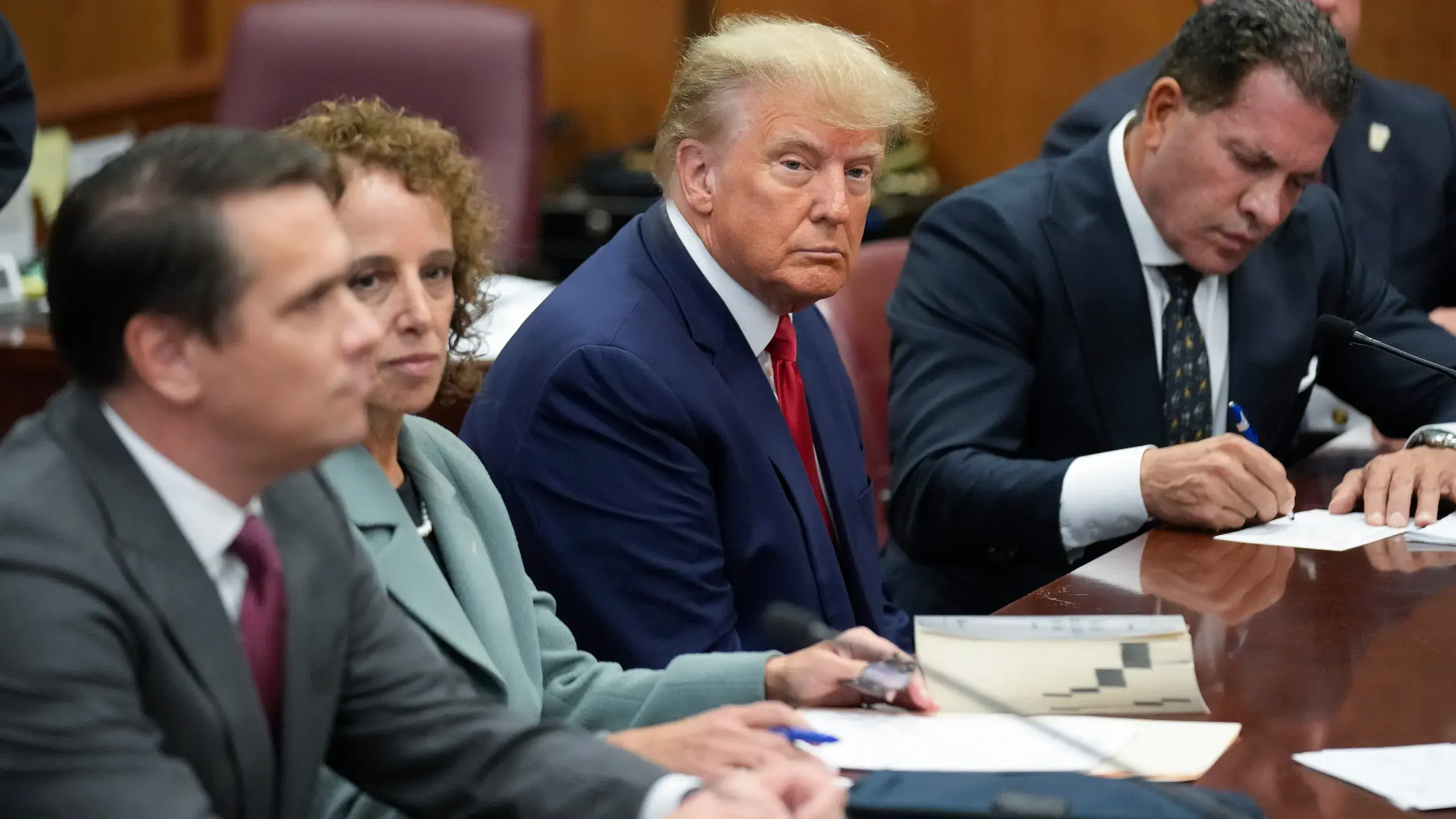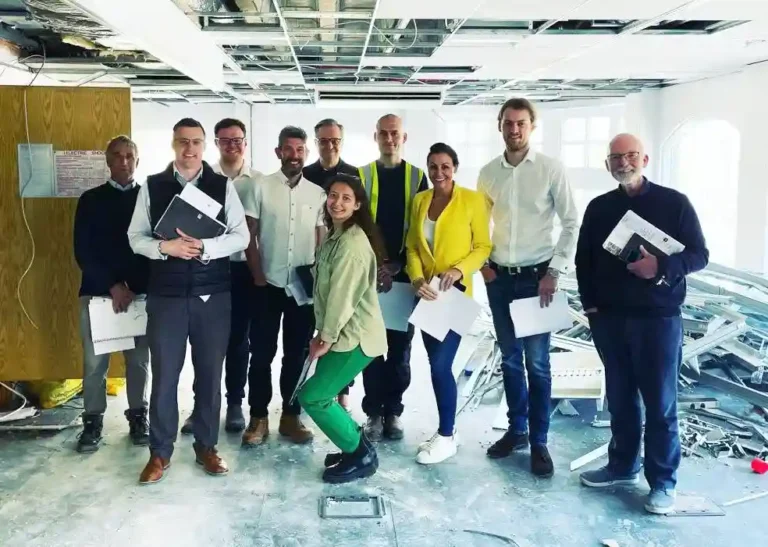Contestation DC-2206-7476: Key Legal Challenge in D.C.
Contestation DC-2206-7476 has become a topic of significant interest in recent years, drawing attention from legal experts, policymakers, and concerned citizens alike. This article aims to provide a thorough exploration of the subject, breaking down its key components and implications for various stakeholders.
What is Contestation DC-2206-7476?
Contestation DC-2206-7476 refers to a specific legal challenge or dispute within the District of Columbia’s judicial system. The numerical designation “2206-7476” typically indicates a unique case identifier, allowing for easy reference and tracking within the court’s records.
Key aspects of Contestation DC-2206-7476:
- Legal nature: A formal objection or dispute filed within the DC court system
- Specific identifier: The number 2206-7476 distinguishes this case from others
- Jurisdiction: Falls under the purview of Washington, D.C.’s legal framework
The Origin and Background of Contestation DC-2206-7476
To fully grasp the significance of Contestation DC-2206-7476, it’s crucial to understand its origins and the context in which it emerged. While specific details may vary depending on the case, contestations in the DC legal system often arise from:
- Administrative decisions
- Regulatory changes
- Electoral disputes
- Land use and zoning issues
- Civil rights concerns
Historical Context
The District of Columbia, as the seat of the U.S. federal government, has a unique legal landscape. This environment can give rise to complex contestations that intersect with local, state, and federal jurisdictions.
The Legal Framework Surrounding Contestation DC-2206-7476
Understanding the legal framework is essential when examining Contestation DC-2206-7476. The District of Columbia operates under a distinct legal system, which includes:
- The D.C. Court of Appeals
- The Superior Court of the District of Columbia
- Various administrative tribunals and agencies
Relevant Laws and Regulations
Depending on the nature of Contestation DC-2206-7476, several laws and regulations may come into play:
- D.C. Official Code
- Federal statutes applicable to the District
- Local ordinances and regulations
- Case law precedents from both D.C. and federal courts
Parties Involved in Contestation DC-2206-7476
Contestation DC-2206-7476, like many legal disputes, involves multiple parties with varying interests and roles. These may include:
- Petitioners or plaintiffs
- Respondents or defendants
- Government agencies or officials
- Interested third parties or intervenors
- Legal representatives and counsel
Stakeholder Analysis
Understanding the motivations and positions of each party involved in Contestation DC-2206-7476 is crucial for a comprehensive analysis of the case. This may require examining:
- Historical relationships between parties
- Potential conflicts of interest
- Political or economic factors influencing stakeholder positions
The Process of Contestation DC-2206-7476
The contestation process in Washington, D.C. typically follows a structured path through the legal system. For Contestation DC-2206-7476, this process may involve:
- Initial filing of the contestation
- Preliminary hearings or status conferences
- Discovery and evidence gathering
- Motions and legal arguments
- Trial or administrative hearing
- Potential appeals process
Timeline and Key Milestones
Tracking the progression of Contestation DC-2206-7476 through these stages can provide insights into its current status and potential outcomes. Important dates and deadlines may include:
- Filing deadlines
- Hearing dates
- Decision or ruling timelines
Key Issues at Stake in Contestation DC-2206-7476
The heart of Contestation DC-2206-7476 lies in the specific issues being disputed. While the exact nature of these issues may vary, common themes in DC contestations include:
- Interpretation of local or federal laws
- Challenges to administrative decisions
- Constitutional questions
- Procedural disputes
- Jurisdictional conflicts
Analyzing the Arguments
To fully understand Contestation DC-2206-7476, it’s important to examine the arguments presented by all parties involved. This may include:
- Legal precedents cited
- Expert testimonies or reports
- Statistical data or empirical evidence
- Policy considerations and potential impacts
The Broader Implications of Contestation DC-2206-7476
While focused on a specific dispute, Contestation DC-2206-7476 may have far-reaching implications beyond the immediate parties involved. These could include:
- Precedent-setting potential for future cases
- Policy changes or reforms
- Impacts on local or federal governance
- Economic or social consequences for the District
- Influence on public opinion or civic engagement
Case Studies and Comparisons
To better understand the potential impact of Contestation DC-2206-7476, it can be helpful to examine similar cases or contestations from the past. This comparative analysis might reveal:
- Patterns in decision-making
- Evolution of legal interpretations over time
- Shifts in public policy or administrative practices
Challenges and Controversies Surrounding Contestation DC-2206-7476
As with many legal disputes, Contestation DC-2206-7476 may face various challenges and controversies throughout its progression. These could include:
- Procedural obstacles or delays
- Jurisdictional disputes
- Public controversy or media attention
- Political pressures or influences
- Resource constraints or inequalities between parties
Ethical Considerations
The ethical dimensions of Contestation DC-2206-7476 should not be overlooked. Important considerations may include:
- Transparency in the legal process
- Fairness and equal access to justice
- Potential conflicts of interest
- Balancing public and private interests
The Role of Expert Testimony in Contestation DC-2206-7476
Expert testimony often plays a crucial role in complex legal disputes like Contestation DC-2206-7476. Experts may be called upon to provide:
- Technical analysis of evidence
- Interpretation of specialized regulations or standards
- Historical context or background information
- Projections of potential outcomes or impacts
- Professional opinions on best practices or industry standards
Evaluating Expert Credibility
When examining expert testimony in Contestation DC-2206-7476, it’s important to consider:
- Qualifications and experience of the experts
- Methodologies used in their analyses
- Potential biases or conflicts of interest
- Consistency with other evidence or expert opinions
Public Interest and Media Coverage of Contestation DC-2206-7476
The level of public interest and media attention surrounding Contestation DC-2206-7476 can significantly impact its progression and outcome. Factors to consider include:
- Local and national media coverage
- Social media discussions and trends
- Public statements from involved parties or officials
- Community organizing or activism related to the case
- Freedom of Information Act (FOIA) requests and transparency initiatives
Impact on Public Opinion
Analyzing how Contestation DC-2206-7476 is portrayed in the media and perceived by the public can provide insights into:
- Shifting narratives or framing of the issues
- Public support or opposition to different positions
- Potential influence on policymakers or decision-makers
Potential Outcomes of Contestation DC-2206-7476
As Contestation DC-2206-7476 progresses, several potential outcomes may emerge. These could include:
- Ruling in favor of the petitioner/plaintiff
- Dismissal of the contestation
- Settlement or compromise between parties
- Referral to a different court or jurisdiction
- Appeals to higher courts
Scenario Analysis
Considering various potential outcomes of Contestation DC-2206-7476 allows for a more comprehensive understanding of its implications. This might involve examining:
- Short-term and long-term consequences of each scenario
- Likelihood of different outcomes based on precedent and current evidence
- Potential for further legal action or appeals
The Appeals Process and Contestation DC-2206-7476
Should any party be dissatisfied with the initial ruling in Contestation DC-2206-7476, they may have the option to appeal. The appeals process in Washington, D.C. typically involves:
- Filing a notice of appeal
- Preparing and submitting appeal briefs
- Oral arguments before the appellate court
- Consideration by a panel of judges
- Issuance of an appellate decision
Grounds for Appeal
Common grounds for appeal in cases like Contestation DC-2206-7476 might include:
- Errors in the application of law
- Procedural irregularities
- New evidence that has come to light
- Constitutional challenges
Lessons Learned from Contestation DC-2206-7476
As Contestation DC-2206-7476 unfolds, it provides valuable insights and lessons for various stakeholders. These may include:
- Improvements to legal or administrative processes
- Identification of gaps in existing laws or regulations
- Enhanced understanding of complex jurisdictional issues
- Increased public awareness of specific legal or policy challenges
- Development of best practices for similar contestations
Future Implications
The outcomes and lessons from Contestation DC-2206-7476 may have lasting impacts on:
- Future legal challenges in the District
- Policy development and implementation
- Public engagement in local governance
- Relationships between different branches of government
Conclusion
Contestation DC-2206-7476 presents a major legal challenge in the District of Columbia, with potential implications for governance, policy, and civic engagement. Its outcome could influence future disputes, making it essential for stakeholders to stay informed and monitor its progress closely.







